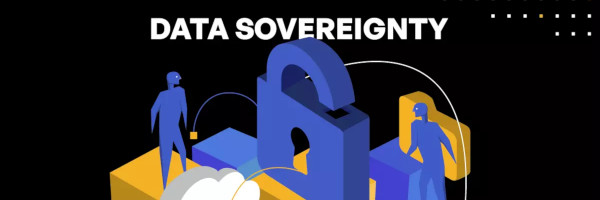Data Sovereignty
| Data | ||||||||||||||||
|---|---|---|---|---|---|---|---|---|---|---|---|---|---|---|---|---|

| ||||||||||||||||
| Sectors | Data | |||||||||||||||
| Contact | Wilfred Pinfold | |||||||||||||||
| Topics |
| |||||||||||||||
Activities
| ||||||||||||||||
- Authors
Data sovereignty refers to the idea that individuals and organizations have the right to control their own data and determine how it is collected, stored, used, and shared.
This concept is particularly relevant in the context of cloud computing and the internet, where data is often stored and processed on servers that are owned and operated by third parties. Ensuring data sovereignty involves implementing policies and technologies that give individuals and organizations more control over their data, such as data encryption, access controls, and data portability.
Data sovereignty has both benefits and drawbacks.
Pros:
- Control: Allows individuals and organizations to have more control over their data, including how it is collected, stored, used, and shared.
- Purpose: Allows individuals and organizations to compile data for their own purpose ensuring data collection, aggregation and retention policies meet their personal objectives.
- Agency: Enables individuals to position themselves to take advantage of the opportunities that come with the digital age.
- Security: When individuals have control they are more likely to collect and use their data. This helps to build stronger relationships between individuals and the organizations that serve them.
- Compliance: Data sovereignty can help organizations comply with laws and regulations that govern data collection, storage, and use.
- Privacy: By controlling access to their personal data, individuals can ensure that their personal information is not shared without their consent. This helps build trust with the organizations that serve them.
Cons:
- Control: In taking control of their data individuals and organizations understand and manage their data. This requires understanding and effort.
- Purpose: As individuals and organizations take control of their own data data aggregators will be required to get consent for each use of data adding friction to their aggregation for their objectives.
- Business Model: Many of the services we use on the internet today are free because the companies that provide those services monetize the data they can collect by providing these services. We have not yet built equivalent business models in a world with individual data sovereignty.



